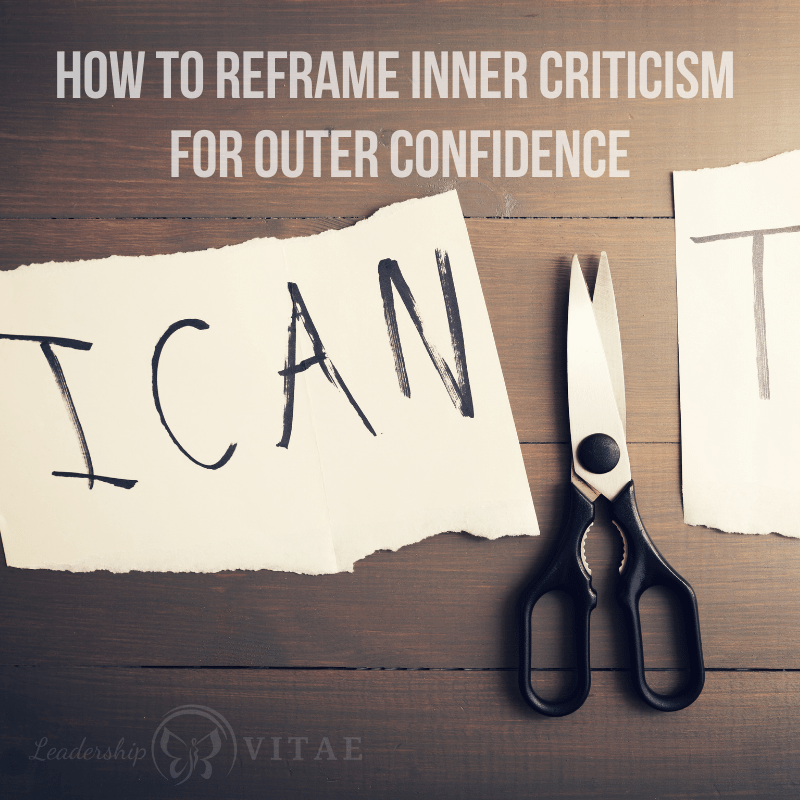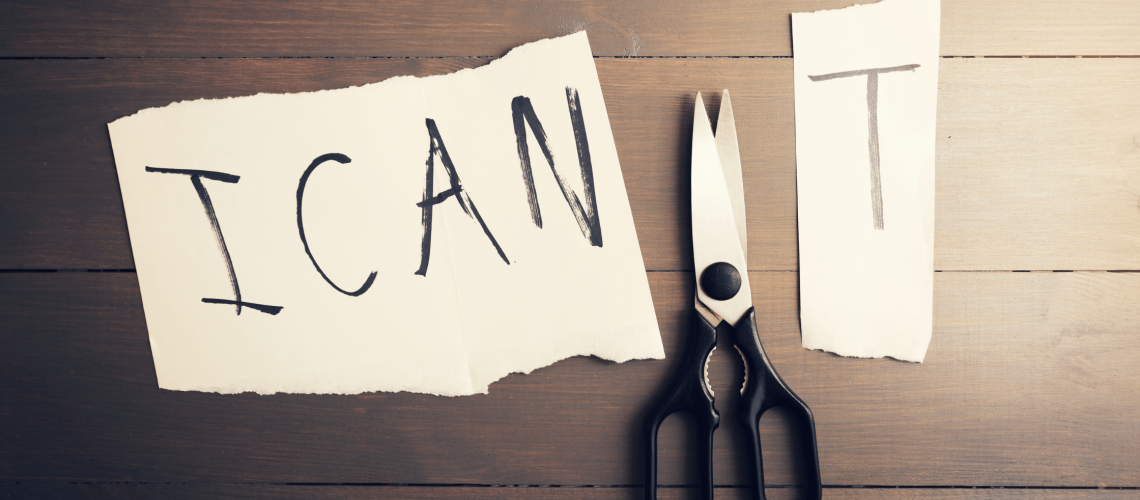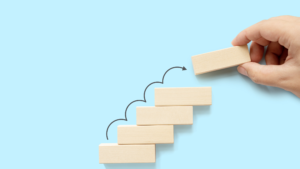
We all have areas of opportunity. Things we want to improve or develop about ourselves. If we don’t see them, the world will certainly help us.
There is no end of content out there to help us imagine and achieve some better version of ourselves. Me 2.0.
Is there any feedback or imagery that really triggers your inner critic? One that you think “I could never [be/do/achieve] that.”
Most of us have some sort of Achilles heel. Something that we struggle with more than anything else. Maybe we fight it. Talk negatively about ourselves for it.
In our minds, it’s taking up space as a big detractor.
But what if I told you, it could very well be your greatest gift?
Thick thighs win gold medals
I recently read an article about Christine D’Ercole, a peloton instructor and professional cyclist.
I’ve been a peloton junkie for 4 years and love my bike. I tend to follow certain cyclists – we all have our favorites – based on their music and style. It wasn’t until I read the article that Christine, who I thought tended to focus more on the science of riding, became someone to ride with more often.
Christine doesn’t look like the other peloton instructors. She has a body that looks more like the rest of us than her peers. Except it’s not – that’s very deceiving. She has a gold medal winning body.
As Christine was growing up, she wanted to be a ballerina. The messaging she received, explicitly and implicitly, was that she was too big. In particular, she would need smaller thighs.
She transitioned from dance to acting, where she received similar feedback, but pressed on and eventually moved to New York. She became a delivery cyclist to earn a living while she pursued her goals. It got her into cycling, where those same thighs were not only accepted, but won her medals.
Her biggest obstacle turned out to be her greatest gift.
Reclaiming our power
In conversation after conversation, I hear smart, talented, and capable people diminish their skills and abilities.
That inner critic eats away at our outer confidence. When we talk negatively about ourselves, we are planting seeds of negativity in others. Even if they don’t take root, we are establishing a foundation for doubt.
Maybe I’m more aware of the negative self-talk after my friend held up a mirror to me last spring and I’ve been working on it so actively.
While I am more aware, and trying to be more mindful, it hasn’t eradicated the perception I have of my particular struggle. I just stopped putting voice to it in my mind and to others.
Until hearing Christine’s story, it never occurred to me that my struggle could be a gift.
With that idea in mind, I tried to reframe my social awkwardness. It’s “the thing” I’ve struggled with my entire life. In fact, I’d argue that I gave it life when I named it and gave it power. Now I want to reclaim that power.
Do not insult your potential with doubt.
Christine D’Ercole
From burden to gift
There are three steps I followed to transition my thinking from burden to gift.
1. Evaluate current language and what’s driving it.
I’ve been calling myself socially awkward for years. Why?
I frequently struggle to read social cues in others. I am told they are universal, and feel as though I lack insights that everyone else seems to know. But I know this to be untrue, because I’ve seen those same cues in multiple people mean different things. It’s frustrating and I feel like I should be smart enough to figure this out.
2. Consider how this might be a gift instead of a burden.
I don’t assume everyone shows up the same way, and instead give space for differences in individuals. This primarily shows up in how they think and communicate, and supports diversity. Conversations tend to go deeper as a result, and I find that I’m able to help more people, especially those that have been perceived as “difficult.”
3. Reframe the words and create language that highlights the gift.
Instead of “I am socially awkward,” now I remind myself “I am socially mindful, paying attention to the unique way each person shows up in the world.”
I allowed my negative self-talk to convince me that I can’t be successful in large group discussions, and that networking was a painful process. To reframe these limiting beliefs, I went a step further.
I am no longer “uncomfortable in large groups.” Instead, “I am most comfortable in small settings, where I can engage in meaningful conversation on topics of mutual interest.”
I eliminated the thought that “I don’t like networking; it feels transactional.” Now, I’m telling myself “I build community by helping one person at a time. Networking is an opportunity for me to learn about others’ needs, so I can connect them with resources in the community.”
Language and environment matter
Thinking back to Christine, she has definitely shifted her mindset about those powerful thighs of hers. At the same time, she had to change her environment for her burden to become her strength.
The final step, if we’ve changed our limiting belief, and embraced our struggle as our gift, is to make sure we’re in the right environment for it to thrive. Where we can and will be valued.
If the flower doesn’t bloom where it’s planted, we fix the environment, not the flower. We all have the ability to bloom, if we can see our particular form as beautiful and plant ourselves in a place where we can thrive.
Act of resistance
Seeing our unique beauty, in a world convinced we can always “be better / more / other,” is an act of resistance.
When we focus our attention on how and why we talk to ourselves negatively, we can root out our limiting beliefs. Reframing that language – considering how a perceived drawback can be a gift – gets to the root of negative self-talk.
If we change our language without changing the belief, then we are just masking our doubt. True confidence comes from embracing our unique gifts. All of them…even the ones that we sometimes wouldn’t wish for.
I recently became a mentor to a young man that considers himself to be socially awkward. While I feel an affinity, in the past I would have commiserated with him and shared notes on how to navigate the struggle. Now, I’m able to help him see the value in his particular approach to engagement. How his communication style can be a gift, rather than a burden.
I wish someone had done the same for me.
While I can’t undo the past, my act of resistance is to bring voice to the idea that there isn’t “one way” to show up. To help each of us see the beauty in our unique mix of human, and the gift that offers the world.








